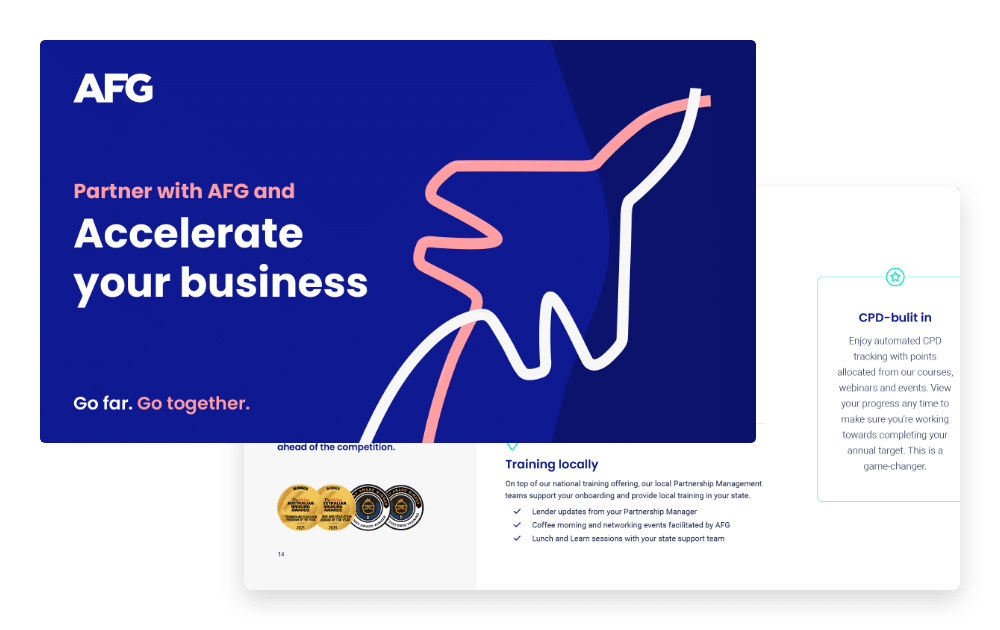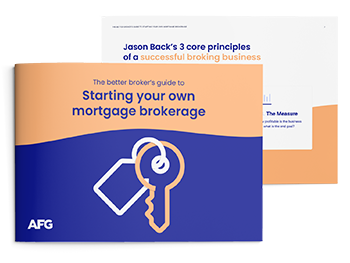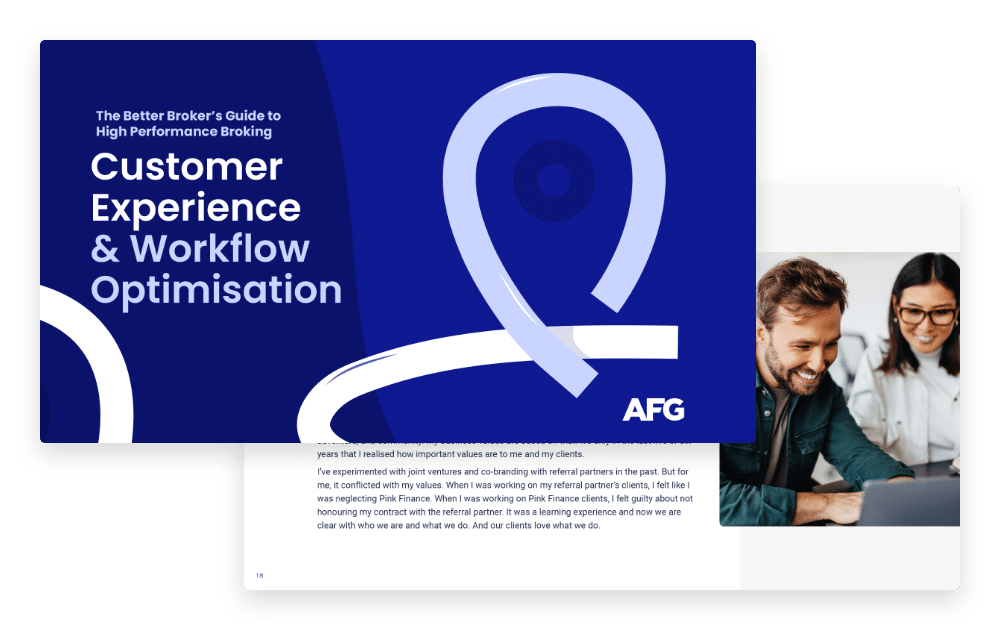By world standards, Australia is a wealthy nation. We have a strong economy with high employment and a far rosier outlook than most developed countries. And yet almost half (47 per cent) of us are anxious about our finances, according to research by the Boston Consulting Group.
Finance guru Paul Clitheroe reckons most Australians want to improve their financial situation but don’t know where to start. That’s why he has put his money where his mouth is to be an ambassador for the first ever MoneySmart Week (September 2 — 8), an initiative of the Australian Government Financial Literacy Board.
Financial literacy is not about getting rich. It’s about understanding and putting into action the basics of budgeting, saving, investing and protecting our assets, Clitheroe says.
Understanding money helps individuals and families manage financial stress, work towards meeting their goals and assists in securing their financial well-being.
– Paul Clitheroe
We’re part of a group that is proud to be a key supporter of MoneySmart Week. We pride ourselves on working with customers to find the best possible home loans to suit their budgets and circumstances. So we are delighted to get behind a program that will help Australians make smarter money choices.
The centrepiece of MoneySmart Week will be a call for Australians to do a Money Health Check to encourage us all to set financial goals and put steps in place to reach them.
To celebrate the first MoneySmart Week, we have put together our top tips to help get you started:
Stick to a budget
Most people don’t stick to a budget because they don’t have one. Having a budget not only helps you spend within your means and save, it can ease personal and relationship stress.
Make sure you are realistic and thorough when working out your budget. Include all of your expenses — coffees, lunches, hair salon visits, entertainment, cosmetics and clothes — plus the obvious weekly and monthly necessities, such as your mortgage or rent, groceries and petrol.
It’s also a good idea to budget for a whole year so you don’t miss large, irregular expenses, such as council rates, car registration, Christmas gifts and holidays. Break these expenses down around your pay cycle so you get a true picture of what you need to spend from each pay and what you have left at your disposal.
Break down big bills
The big bills mentioned above can be real budget busters. Some of us are disciplined enough to leave money in our account for a rainy day while some need to set funds aside so we are not tempted to spend.
If you are more of a spender than a saver, set up a separate account for quarterly and annual bills and contribute to it regularly based on your budget breakdown. For example, if you know you have to pay around $400 in council rates each quarter and you get paid fortnightly, set aside $60-$70 from each pay in a separate account. Apply the same concept to Christmas expenses to ease the squeeze on your credit card and enjoy a debt-free start to the following year!
Drive down debt
Most of us have debt. The secret is knowing the difference between good debt and bad. Having a home loan, for example, is healthier than carrying a hefty, high-interest credit card bill. Property is an asset, which has the potential to increase in value over time. Credit cards, on the other hand, are used to pay for depreciating assets, holidays and entertainment. Often the debt you owe far outweighs the value of the original purchase.
Take a pulse check on your debt by looking at how much you owe, what you are paying in interest and how long it will take to pay off. Make a plan to pay down the loans with the highest interest first, even it means cutting back your personal spending for a period.
Protect your assets
We work hard to establish our assets, but we don’t always make sure they are fully protected if the worst happens. Insurance Council of Australia figures suggest some 70 per cent of homes in Australia are under-insured. Owning a home and not having adequate insurance is a gamble. Apart from many of us living in areas prone to natural disasters, we all face the risk of a house fire.
Make sure your sum insured reflects how much it will cost to rebuild your entire home and replace all of your contents. Some insurers now offer complete replacement policies for the home building where the premium automatically reflects any increases in the building costs.
You should also have some income protection in case you are unable to work. Check the disability cover in your superannuation and consider getting extra income protection to cover any gaps.
Money Health Check
To find out how your finances are fairing, take a Money Health Check at moneysmartweek.org.au. There are also tools to help individuals and households budget, set savings goals and calculate their net worth. We are here to check the health of your home loan to make sure it suits your circumstances and is helping you reach your financial goals and if we haven’t done this in a while, do get back in touch.









